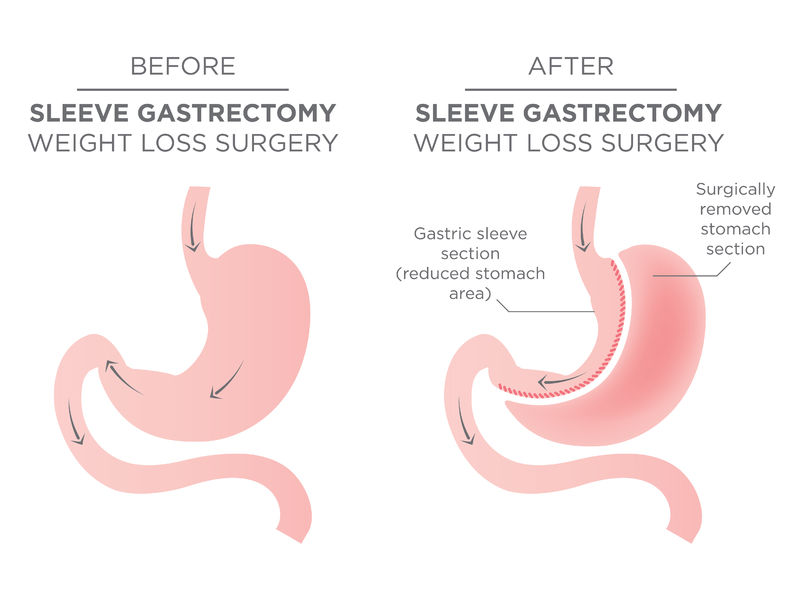
Gastric bypass surgery also known as the Roux-en-Y gastric bypass is a major surgery that makes the stomach smaller and reroutes the intestine. In most cases, this type of surgery is irreversible. As a person who is overweight and obese, this surgical procedure has promising results for the qualified candidate. To name a few, the patient will quickly feel full when eating and can lose up to 67 percent of weight over 2 years. This can result in significant health improvement for the patient.
In this article, we will discuss the following procedures your bariatric surgery team will perform before and during the gastric bypass surgery. This will help you prepare, anticipate, and condition yourself to achieve the best result. Let us start with your preparations prior to your gastric bypass surgery.
Preparing for Surgery
During the weeks leading up to your surgery, your bariatric surgery team will perform the following procedure:
- Health assessment
During your first appointment, you will be asked questions about your medical history, medications that you are taking, and surgical history. They will run tests like X-ray, electrocardiogram (ECG), and blood test.
- Follow a pre-surgery diet regimen
Two weeks before the surgery, you will be asked to avoid consuming sugar, lower your carbohydrates intake, increase your protein and vegetables, and drink plenty of fluids.
Two days before the surgery, you will be asked to have clear fluids, broth, and one protein shake daily. Your surgeon will also ask you to stop taking any medications.
Two hours before the surgery, you will be asked to not eat or drink anything. You should also stop smoking.
It is critical for you to lose weight prior to the surgery because of the following reasons:
- The more weight you lose during the preoperative procedure, the more weight you will lose after the surgery.
- It lowers your risk for complications during the surgery.
- The sooner you start following a good and healthy lifestyle, the more likely will you be able to maintain it after the surgery.
Gastric Bypass Surgery will not work in the long run if you keep on going back to your unhealthy habits.
During Gastric Bypass Surgery
Here are the following things you need to expect if you are considering gastric bypass surgery:
- You will receive a general anesthesia first, then your bariatric surgeon will assess your abdomen. Your surgeon will create a small pouch on top of your stomach by using surgical staples.
- Your surgeon will then cut your small intestine and attach it to your new stomach pouch.
- The surgeon will attach the upper section and middle section of your small intestine.
- Lastly, your bariatric surgeon will close the incision with staples or stitches.
The size of your new stomach pouch will be about the size of an egg and can hold up to one cup of food. Food will now move from your new stomach pouch to your small intestine because of the intestinal bypass.
Long-Term Weight Loss Success
When bariatric surgery is combined with a comprehensive diet and treatment plan, it provides long-term weight loss and helps you increase your quality of life. Several studies have found out that bariatric surgery improves or resolves many obesity-related health problems, such as type 2 diabetes, heart disease, high blood pressure, and alike.
If you are looking for the top gastric bypass surgeon who specializes in laparoscopic procedures in Long Island, New York, look no further and contact Dr. Arif Ahmad









